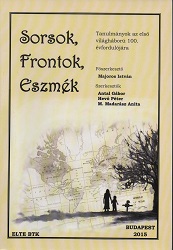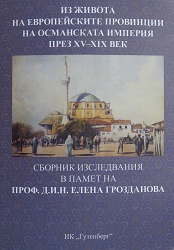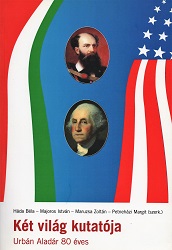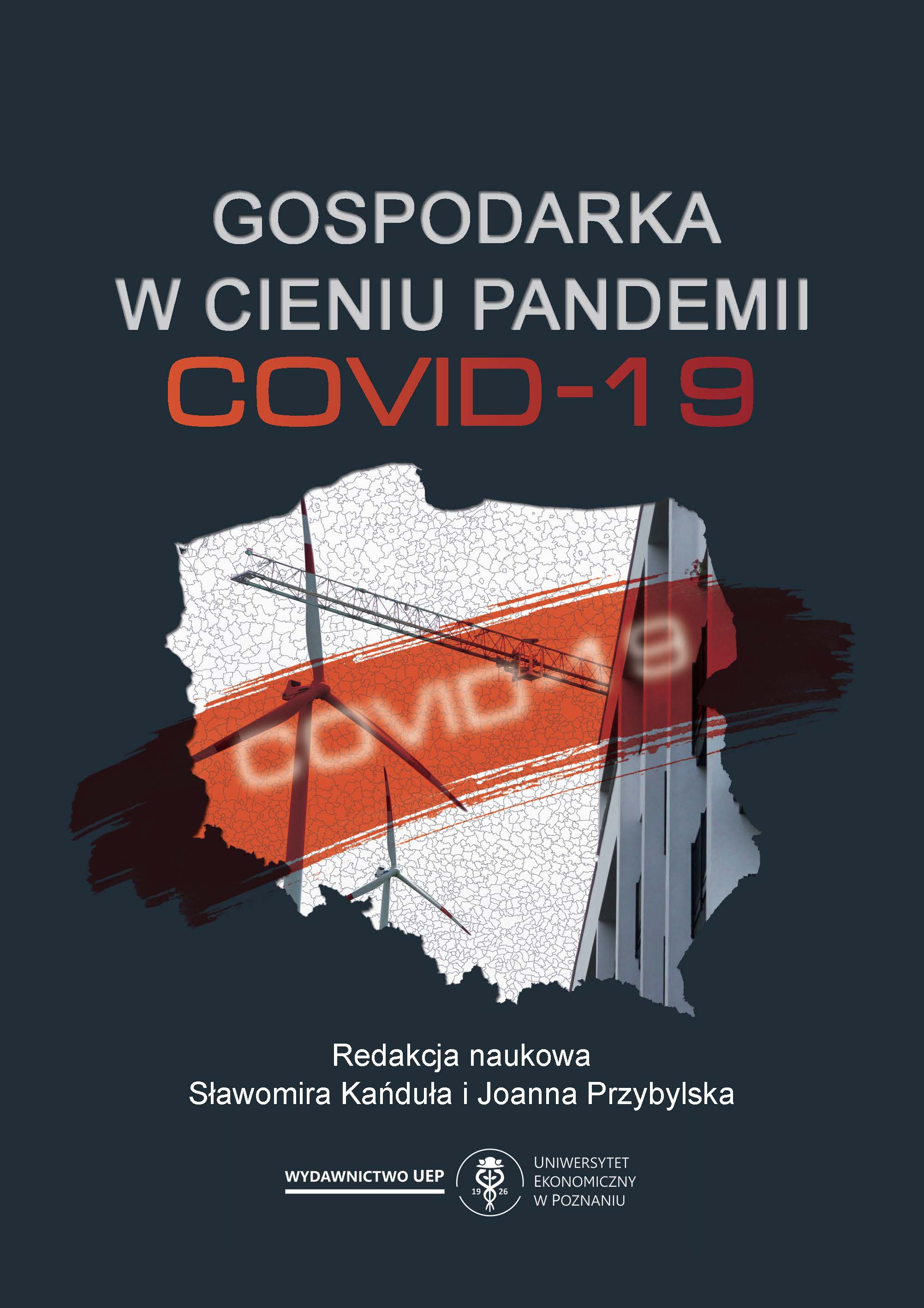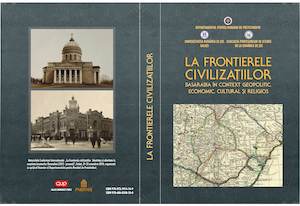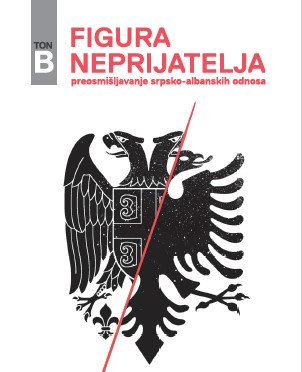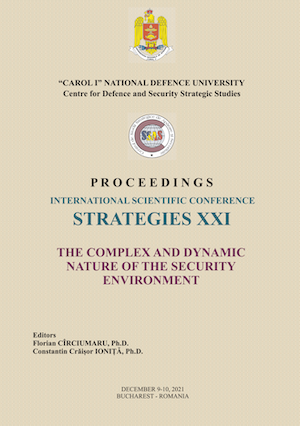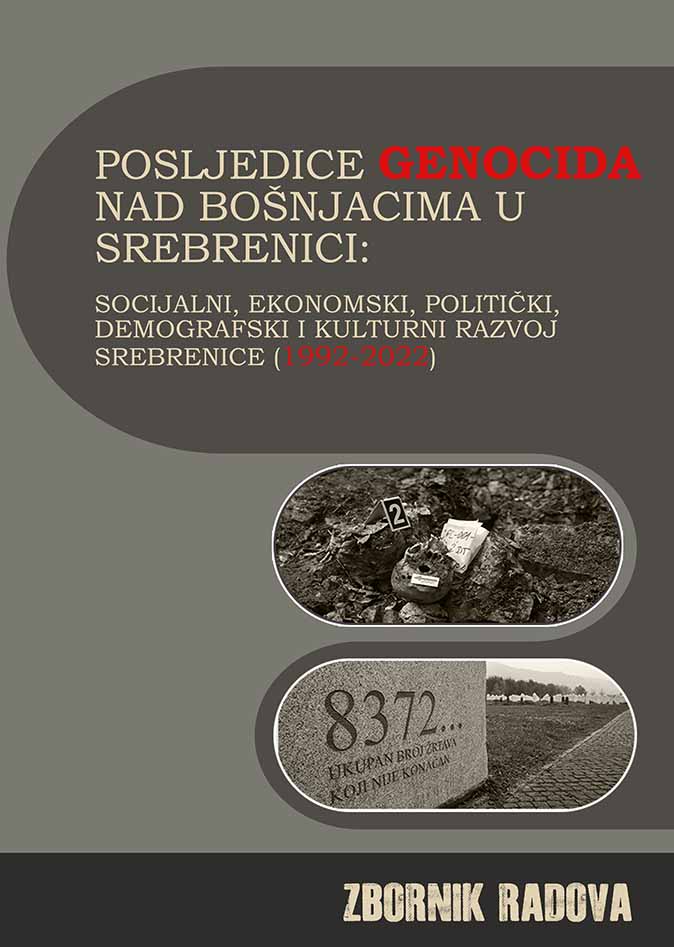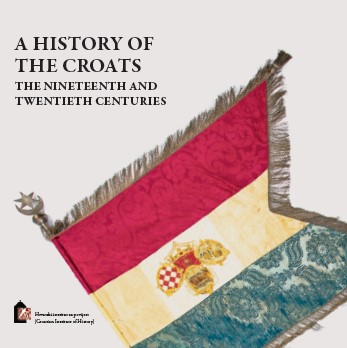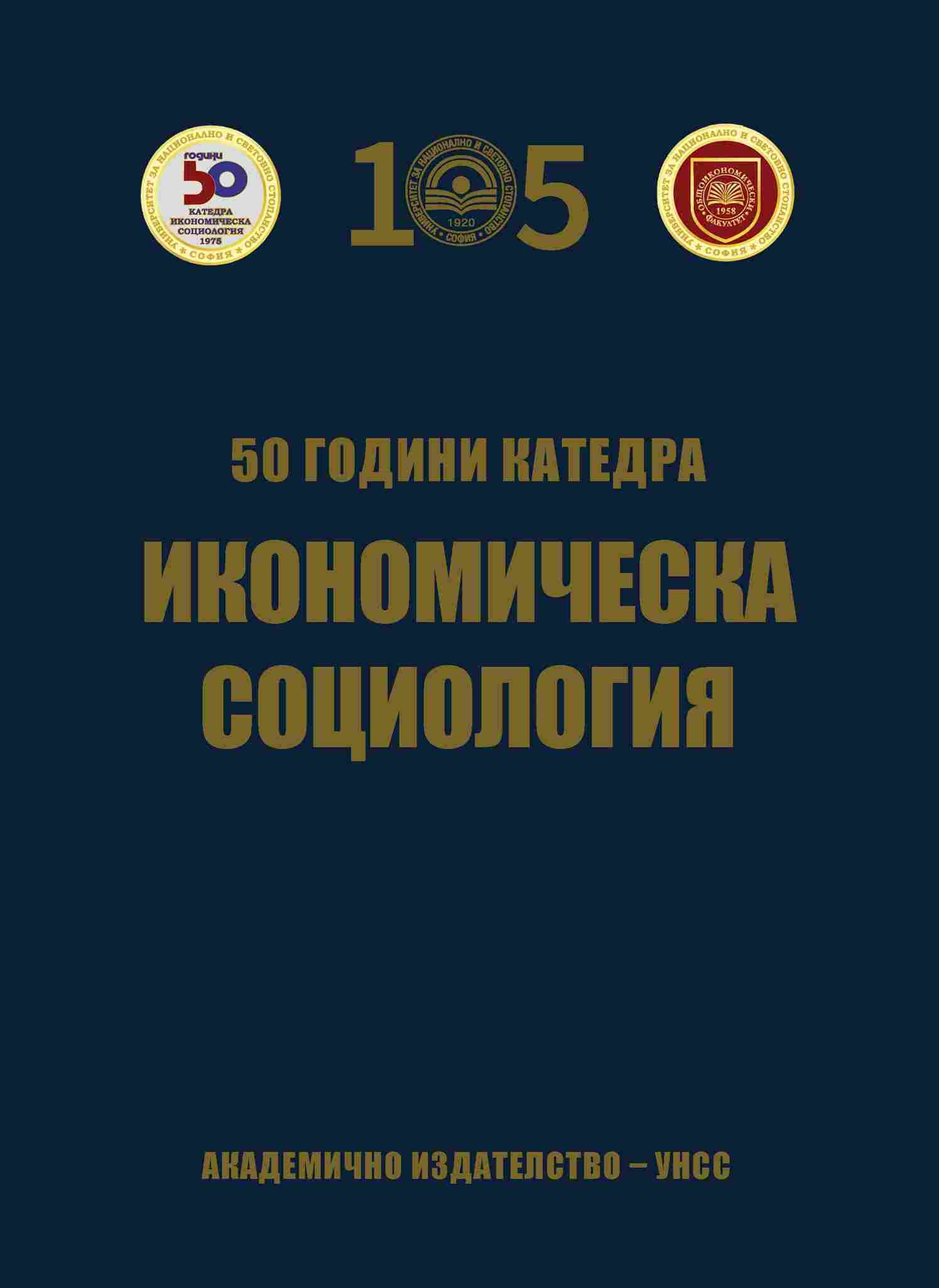Author(s): Zdenko Radelić,Vlasta Švoger / Language(s): English
Publication Year: 0
For centuries, the Croatian lands have been at the crossroads of traffic routes and different civilizational frameworks – Mediterranean, Western European, and Eurasian. The consequence of this position in a contact zone was that the Croatian society in the 19th century was multiethnic and multireligious, multilingual and subjected to different cultural influences. Croats made up just over 70% of the population, Serbs a little less than 25%, and Italians, Germans, and Hungarians were the most numerous of other ethnic communities. Affiliation with the Catholic and Orthodox churches roughly coincided with these percentages, while the share of Protestants and Jews was slightly higher than 1% of the population. Until 1847, the official language was Latin, which was then replaced by Croatian. German was very widespread as a language of commerce and every-day communication of the higher social strata in Croatia and Slavonia, while in Istria and Dalmatia Italian was the language of administration, the judiciary, secondary education, and communication among the higher strata of the society. In the second half of the 19th century, its role was gradually taken over by the Croatian language. The lower social strata, largely illiterate, spoke Croatian. Croatia and Slavonia were strongly influenced by the Austro-German cultural circle, and towards the end of the century cultural influences from other Western European countries were increasingly felt. In Istria and Dalmatia, which in the previous centuries had been under the rule of Venice, retained a strong Venetian and Italian cultural influence. In the border areas towards the Ottoman Empire, there was a rather limited cultural influence of the neighbours south of the Sava among the lower social strata.
More...
